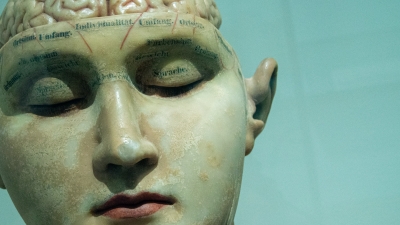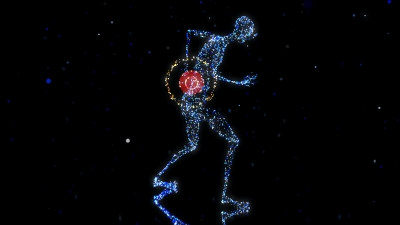Making sense of what you sense
PrikkelsWe don’t just receive stimuli from the outside. Signals like hunger, thirst, arousal, or the need to pee come from within. Psychologist Dr Jennifer Murphy (Royal Holloway University of London) studies interoception, the sense of what’s happening inside our body. It is one of the fastest moving areas in neuroscience and psychology. Our sensitivity to interoceptive signals can determine our capacity to regulate our emotions, and our subsequent susceptibility to mental health problems such as anxiety and depression.
Not everyone is aware of this mind-body connection or well-attuned to it. For example, there are people who mix up hunger and thirst. But it also happens when you sit behind a computer for hours, with very tense muscles and clenched jaws, and realize that you have a painful back and desperately need to use the bathroom. Is there a way to increase our awareness, can we lean to better interpret and understand what we’re feeling?
Speaker
About this series
Prikkels
In deze serie onderzoeken we hoe prikkels zoals reuk en pijn ons leven beïnvloeden.










